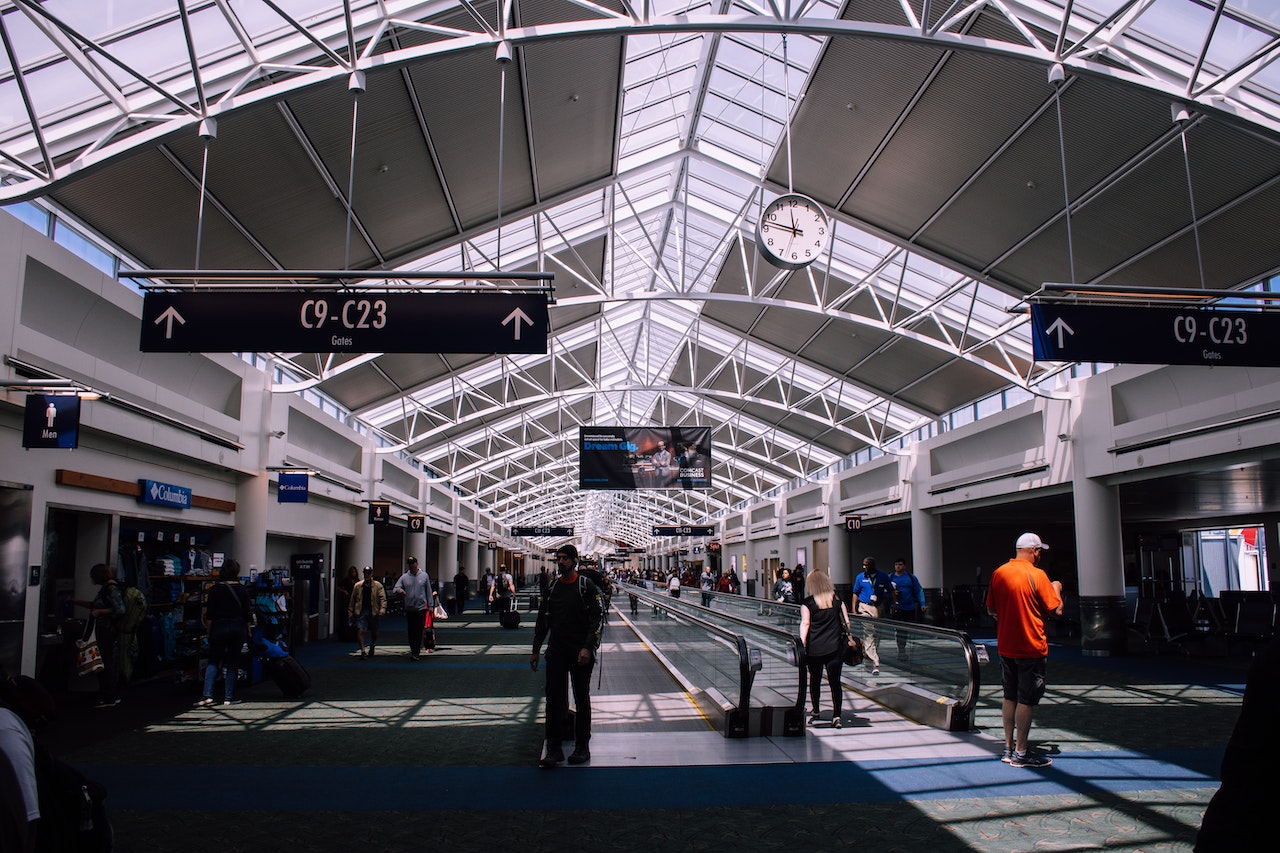As organizations expand their global presence and explore new markets, the need for efficient travel management solutions has never been more critical. Corporate travel booking platforms play an essential role in streamlining the entire travel process, allowing businesses to control costs, save time, and ensure employee safety and comfort.
In the first part of our discussion on corporate travel booking platforms, we delved into their core features and benefits. In this follow-up article, we will explore features to look for and how to choose the platform that best suits your company’s needs.
1. Comprehensive and User-Friendly Interface
An easy-to-use interface is critical for any corporate travel booking platform. Your employees should be able to navigate the platform effortlessly and complete bookings in just a few clicks. Look for a platform that offers a clean, intuitive design, allowing users to search for flights, hotels, and other travel services with ease. Additionally, the platform should be accessible on multiple devices, including desktops, laptops, smartphones, and tablets, to cater to employees’ varying preferences and needs.
2. Integration with Corporate Policies and Expense Management
One of the main benefits of a corporate travel booking platform is the ability to integrate with your company’s travel policies and expense management systems. This ensures that employees adhere to specified guidelines and that all expenses are accurately recorded and approved. In turn, this can save your business valuable time and resources. Seek out platforms that offer customizable travel policy settings, real-time policy compliance monitoring, and seamless integration with your existing expense management tools.
3. Wide Range of Corporate Lodging Options
A diverse selection of corporate lodging options is essential when choosing a platform. This includes corporate hotels, corporate lodges, and other accommodation types that cater to various budgets and preferences. A platform that partners with a large network of corporate lodging companies is more likely to meet the diverse needs of your employees while receiving better rates and exclusive deals.
4. Advanced Search and Filter Options
A corporate travel booking platform must provide advanced search and filter options to help employees find the most suitable travel options. This includes filters for price, location, amenities, and other specific preferences. Moreover, the platform should be able to save travelers’ preferences and offer personalized recommendations based on their travel history and requirements.
5. 24/7 Customer Support
Travel disruptions and emergencies can happen at any time, and your employees need to have access to reliable support when they need it. A corporate travel booking platform with dedicated 24/7 customer support ensures that your employees can receive prompt assistance with any issues that may arise, minimizing stress and inconvenience.
6. Duty of Care and Risk Management
In an increasingly uncertain world, ensuring the safety and well-being of your employees during their business trips is paramount. A corporate travel booking platform that prioritizes duty of care and risk management will help you mitigate risks and manage emergencies more effectively. Look for platforms that offer real-time travel alerts, location tracking, and access to emergency assistance services.
7. Reporting and Analytics
A platform that provides comprehensive reporting and analytics capabilities is essential for tracking your company’s travel expenses, identifying cost-saving opportunities, and optimizing your travel program. Ensure that the platform offers customizable reports, data visualization tools, and the ability to export data for further analysis.
Choosing the Right Corporate Travel Booking Platform
Now that you know the key features to look for, it’s time to evaluate potential platforms and select the one that best meets your business needs. Here are some tips to help you choose the right platform:
1. Determine Your Travel Program Goals: Before selecting a corporate travel booking platform, it’s important to determine your business’s travel program goals. Consider the number of employees who will be traveling, preferred suppliers, budget, and other factors that are important to your business.
2. Evaluate Platform Features: Look for a platform that offers a user-friendly interface, mobile accessibility, and the ability to book flights, hotels, and rental cars. Consider whether the platform integrates with your company’s expense management system and provides real-time travel updates.
3. Consider Traveler Satisfaction: Keep traveler satisfaction in mind when selecting a corporate travel booking platform. The platform should be easy to use and provide a positive user experience. Consider whether the platform offers 24/7 customer support and the ability to make changes to bookings.
4. Look for Cost Savings: A good corporate travel booking platform should help your business save money. Look for a platform that offers negotiated rates with preferred suppliers, the ability to track travel expenses, and insights into travel spending.
5. Analyze Reporting Capabilities: Reporting capabilities are important for tracking travel expenses and identifying areas for cost savings. Look for a platform that provides detailed reports on travel spending, booking trends, and other data that can help you make informed decisions.
6. Consider Implementation and Training: Consider the implementation process and the level of training required for your employees to use the platform effectively. Look for a platform with a simple implementation process and comprehensive training resources.
7. Evaluate Security and Compliance: Corporate travel booking platforms should be secure and compliant with regulations such as GDPR and CCPA. Look for a platform that offers data encryption, secure payment processing, and compliance with industry standards.
Conclusion
In a world where time and money are precious, choosing the right corporate travel booking platform can be a game-changer for your business. By following the key features and selection criteria outlined in this article, you can make an informed decision that prioritizes user experience, cost savings, and employee satisfaction. So, choose the right platform and unlock your business’s full potential!
Say goodbye to the headaches of booking corporate lodging with Globeo! Our all-in-one solution simplifies the process from start to finish, leaving you with more time to focus on your business. With our easy-to-use platform and top-notch customer service, we take the hassle out of corporate travel. Don’t settle for subpar lodging options–Let us provide the best accommodations for your crew! Sign up today and experience the ease and convenience of seamless corporate lodging with Globeo!










